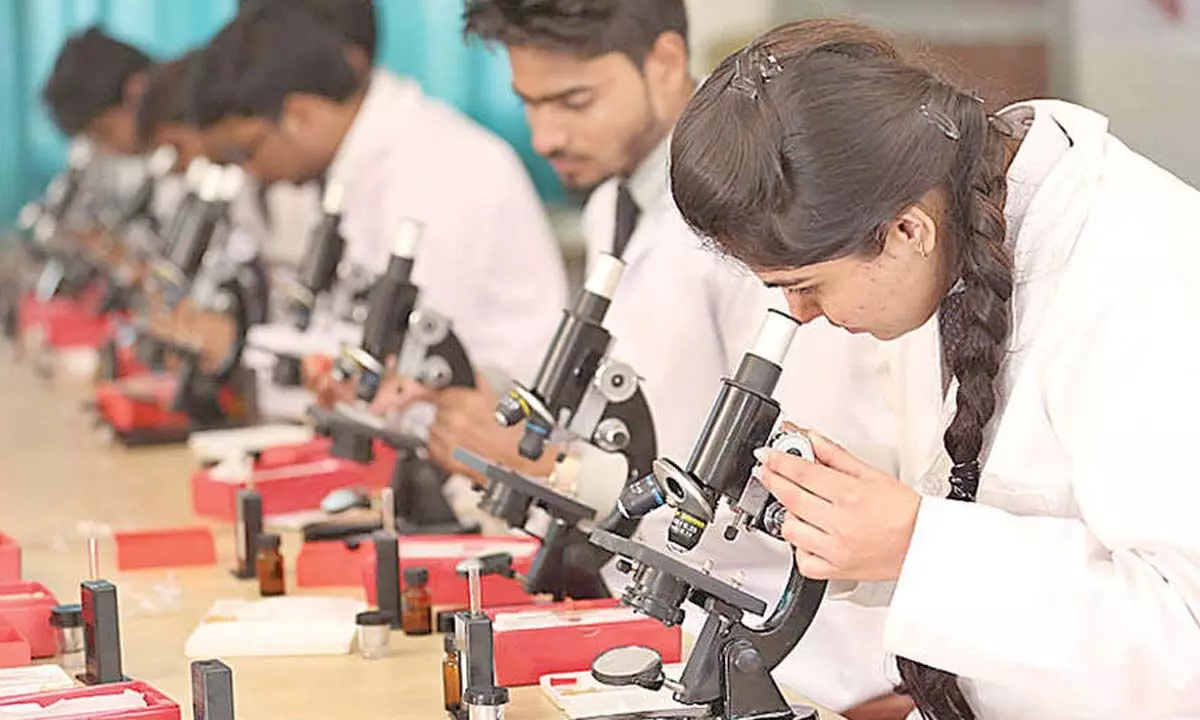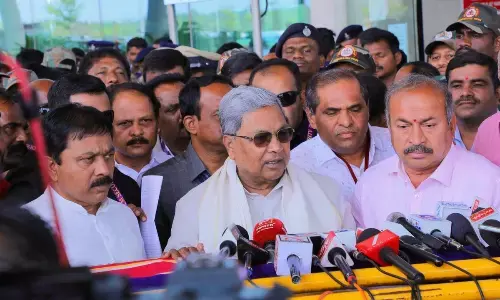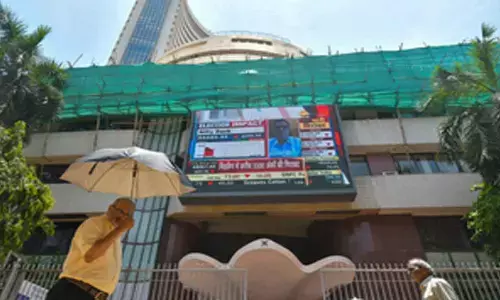TG yet to act on rolling out courses in forensic science advancements

- The new criminal laws come into effect from July 1
- They highlight on importance of forensic science labs for investigations
- States given five-year roadmap to build up forensic lab infrastructure
Hyderabad: The Telangana government and its Higher Education Department are yet to make up their minds to give effect to roll out courses to build up the much-needed human resources in different branches of forensic sciences at diploma and undergraduate levels.
It may be mentioned here that the new Criminal Laws, i.e. Bharatiya Nyay Sanhita, Bharatiya Suraksha Sanhita, and Bharatiya Sakshya Adhiniyam are to come into force on July 1, 2024.
Only 14 days left for Telangana like any other state in the country to give effect to the new laws. However, the key aspect of the three new laws is the necessary infrastructure and human capital needed with the changing of the provisions giving an impetus to the electronic evidence.
Extending its earlier timeline for building the necessary infrastructure like forensic labs as per the standards, the Centre has fixed a five-year term for the same.
As part of the initiatives, it has also brought into focus the importance of Forensic Science for accurate and timely results for the dissemination of justice speedily. The new Evidence Act focuses on improving the capabilities of scientific grounds with forensic science human capabilities and infrastructure in the investigations for fair and transparent investigations and proceedings of the case.
Against this backdrop, the Centre identified the necessity to strengthen laboratory examination practices. Coming up with a manual, the “Directorate of Forensic Science Services (DFSS) under the Ministry of Home Affairs is playing a vital role in strengthening Forensic services in India by providing support to establish Hi-tech Forensic Science Laboratories and to upgrade their human as well as technical resources.”
However, the DFSS often receives requests from various state Forensic Science Laboratories and other stakeholders regarding basic requirements and infrastructure/equipment required to kick-start the laboratory.
As part of the same, it has identified six major groups which have sub-groups and specialised branches that need to be focused for the development of human resources.
They include Forensic Chemical sciences: Forensic Chemistry, Narcotics, Toxicology and Explosives.
Similarly, under the Forensic Biological sciences: Forensic Biology and Serology, and Forensic DNA typing are identified. The main group of Forensic Physical Sciences includes Forensic Physics and Forensic Ballistics. On the technical front, Forensic Electronics will have digital/cyber forensics/computer forensics and audio and video forensics areas of study.
Likewise, the Forensic Questioned Document examination and the Forensic investigation will have a Forensic Psychology examination, covering crime scene investigation.
However, despite a five-year roadmap ahead, the State has yet to come up with the human capital needed. When asked, sources in the State higher education department said, “The issue of either starting new courses or upgrading the existing courses and syllabus in line with new Criminal Laws has not come up even for discussion.”










